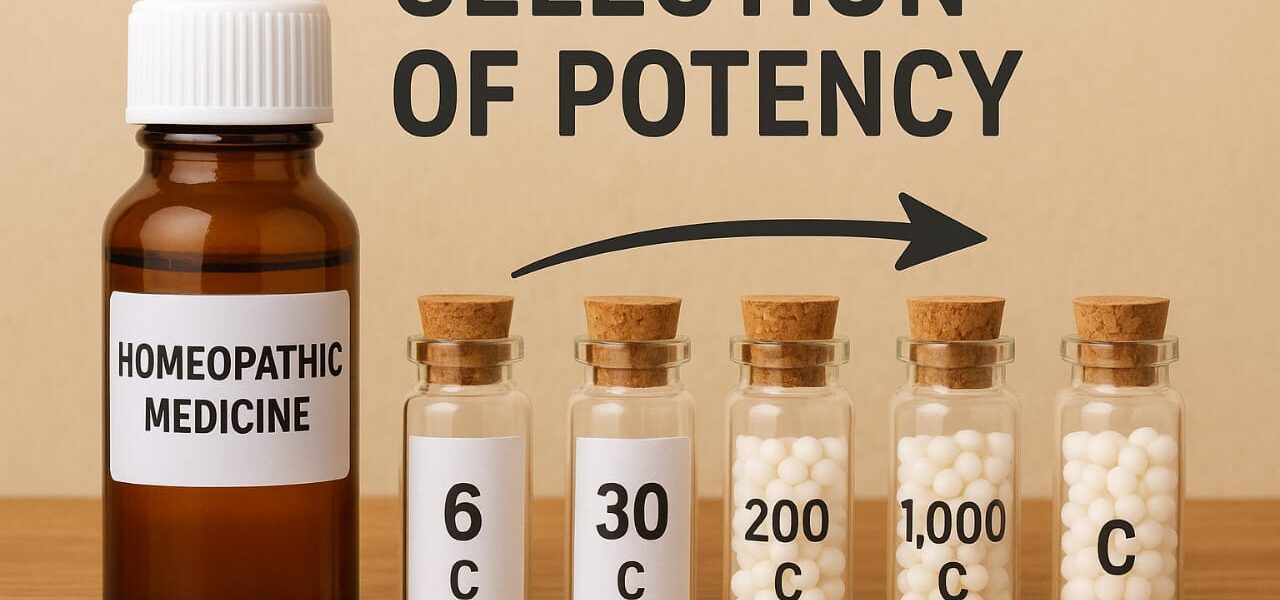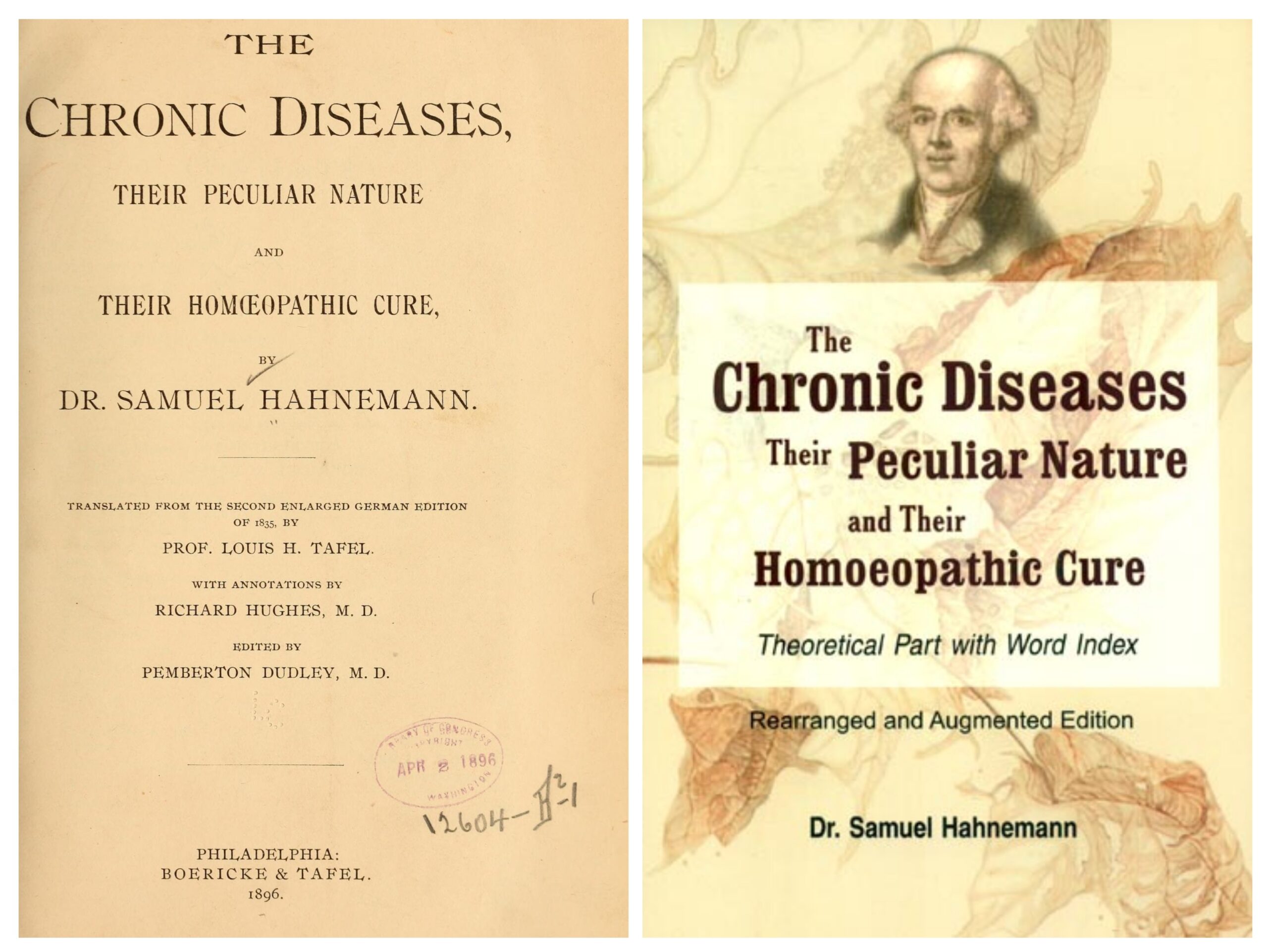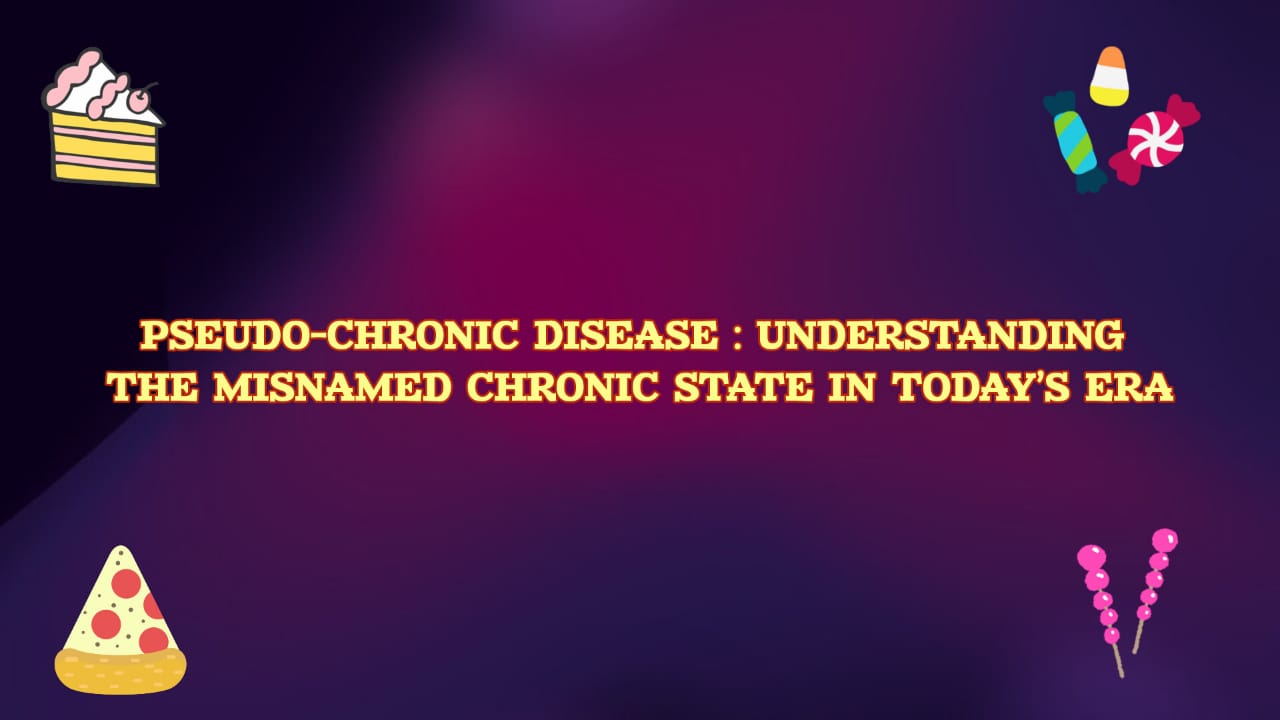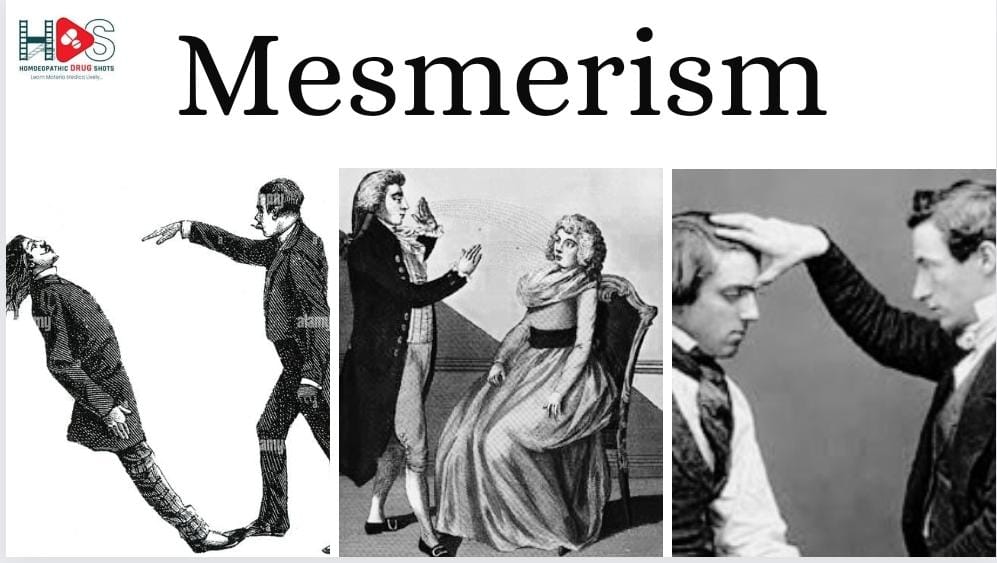SELECTION OF POTENCY IN HOMEOPATHY
SELECTION OF POTENCY It is very sure that cure is possible by a perfectly selected homeopathic remedy but the speed of the cure depends on POTENCY selection.
There are factors to be considered for the selection of potency.
1. The susceptibility of the patient.
2. The seat of the disease.
3. The nature and intensity of the disease.
4. The stage and duration of the disease.
5. The previous treatment of the disease.
The more similar the remedy, greater the susceptibility to that remedy and higher the potency required .
1. THE SUSCEPTIBILITY OF THE PATIENT.
There are several factors which modifies the susceptibility of a patient, they are :
# Age
• susceptibility is greater in children and young people and diminishes with age. Hence higher the potency for children, moderate potency for young and adults, low potency for old people.
# Constitution and Temperament
• Higher potency are best adapted to sensitive persons like nervous, sanguine, or choleric temperament and to intelligent, intellectual, quick to act and react.
• Lower potency are best suited for torpid, phlegmatic individuals, dull and slow to act, sluggish individual who possess great muscular power.
# Habit and Temperature
• Susceptibility is increased in cases of intellectual occupation, sedentary occupations, long sleep, more of imagination and emotions such people require high potency.
• People who are adapted to long and severe labour, little sleep, continual exposure to drugs eg. Perfumes etc requires less potency.
• Idiots, deaf, dumb, imbeciles possess low degree of susceptibility i.e low potency.
# Pathological Conditions
• In certain terminal conditions the power of the organism to react even to the indicated homeopathic remedy may become so low that only material doses shall arouse the vital reaction.
2. THE SEAT OF THE DISEASE
• Seat of the disease refers to specific location of the disease.
3. THE NATURE AND INTENSITY OF THE DISEASE
• Certain malignant and rapidly fatal diseases may require low potency of a drug.
• Diseases characterized by diminished vital reaction require lower potencies while disease characterized by increased vital reaction require high potency.
4. THE STAGE AND DURATION OF THE DISEASE
• In the same person at one stage of the disease when the vital reaction is low the patient may need low potency and frequent repetition.
• At the other end when the vital reaction is high the patient may require high potency .
5. THE PREVIOUS TREATMENT OF THE DISEASE
• In some cases due to abuse of too many drugs in crude doses the patient might lose all susceptibility for the time being.
• In such conditions it is better to stop all the medications for few days and carefully regulate the diet and regimen.
• After taking a proper case and consideration of the above factors a physician should decide on potency .
A good homeopathic physician should never confine himself to a single potency but should be ready to use the whole scale of potency from the lower to the highest according to the occasion demands.
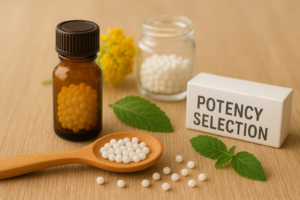
Understand how the selection of potency determines the speed and depth of cure in homeopathy. 🌿
From age, temperament, and disease nature to stage and duration — every detail matters in holistic healing!
Follow HOMOEOPATHY DRUG SHORT FOR MORE
Ref :
Hahnemann’s organon of medicine by B.K. Sarkar
The genius of homeopathy by Stuart Close
Worked by : Laxmi Murugan ( 4th year BHMS )

